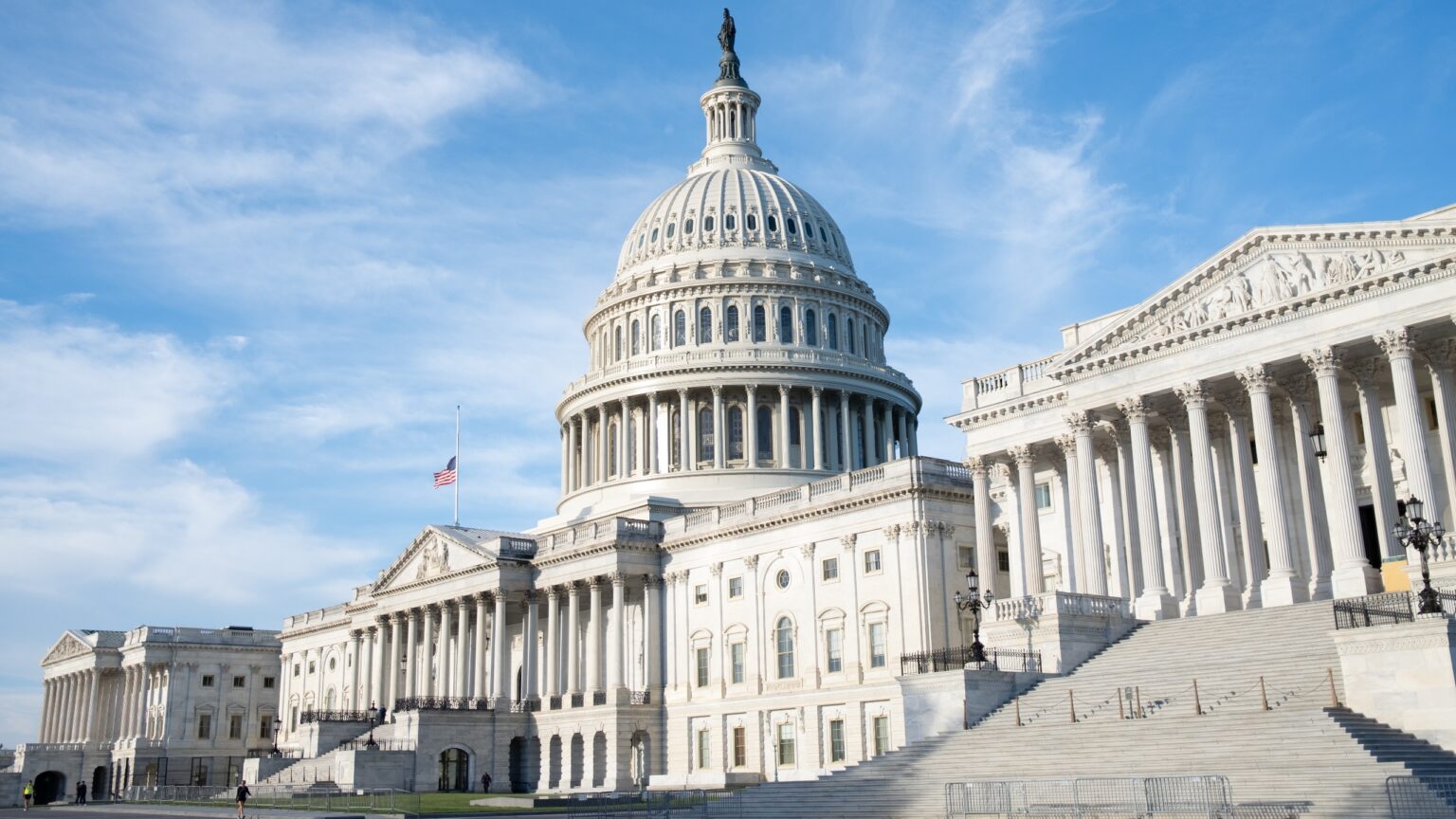Washington Governor Jay Inslee signed an executive order on Tuesday, Jan. 30, that outlines the state’s yearlong path to develop guidelines for generative AI in a way that doesn’t prejudice the vulnerable.
The development comes as stakeholders all over are being cautious about the fast-growing technology, which has brought both “optimism and concerns over its impact on humanity.”
The tenth so far
This makes Washington one of the latest states to have an executive order signed in relation to generative AI, making Inslee the tenth governor to issue it. The likes of New York City and Seattle have already issued similar orders.
Government departments have warmed up to generative AI but are taking precautionary measures to ensure it is used in a responsible manner while promoting innovation.
In Washington, Gov. Inslee’s order outlines the state’s next 12 months of policy work, such as identifying any potential AI initiatives and benefits the tech brings to state operations. The order also compels the officials to set guidelines on how the AI technology will be “procured, used, and monitored.”
“It’s our duty to the public to be thorough and thoughtful in how we adopt these powerful new tools,” said Inslee in a statement.
The order also compels officials to scrutinize generative AI’s role in education-related opportunities for staffers as well as its impact on vulnerable groups. The technology has already been criticized for perpetuating bias against minority and vulnerable groups, as well as reinforcing some stereotypes.
Also read: Samsung Builds Chip Factories Run Completely by AI, No Humans
Cautious about the dark side of AI
Washington is aware of the concerns raised over the potential negative impacts of AI, which range from widening social gaps to access to technology. Another threat is the spread of deepfakes as unscrupulous individuals take advantage of the technology for malice.
Inslee’s order also highlights other “high-risk” threats AI poses, such as risks to public health, safety, and fundamental rights, via “biometric identification, critical infrastructure, employment, health care, law enforcement, and the administration of democratic processes.”
As such, the order speaks of the need to “catalog and mitigate potential risks of [generative AI’s] use, including but not limited to privacy, cyberattacks, disinformation, deception, and discrimination or bias.”
New proposals in Washington
Meanwhile, Washington has proposed new legislation that seeks to establish a taskforce to investigate trends in AI, its uses, and possibly give recommendations on the best AI Safety standards and regulations.
This comes as there are also concerns around policymakers’ “ability to get a handle on fast-moving AI technologies and implement new laws,” according to a GeekWire report.
“One thing that concerns me having now left government… is just the slowness and the inability for agencies to respond,” said former Washington senator David Frockt during a Monday discussion in Seattle about the implications of AI on politics.
Regulation is inevitable
AI has generally been touted as a game changer because of its transformative abilities across sectors, pushing businesses the world over to invest in it and optimize operations.
According to GeekWire, policy experts and misinformation researchers have also highlighted AI’s benefits to government operations. These include providing information on traffic, better weather forecasts, and easy access to civic-related data.
However, the technology still needs regulation, according to University of Washington law professor Ryan Calo.
“It would be a very strange world where we didn’t bring to bear these tools to improve government and governance,” said Professor Calo.
The professor also added that as technology keeps evolving, governments also need to revamp their legislation to keep up with the evolving trends.
If artificial intelligence is going to change everything, one of the things that needs to change is law and legal institutions,” he said.









 and then
and then